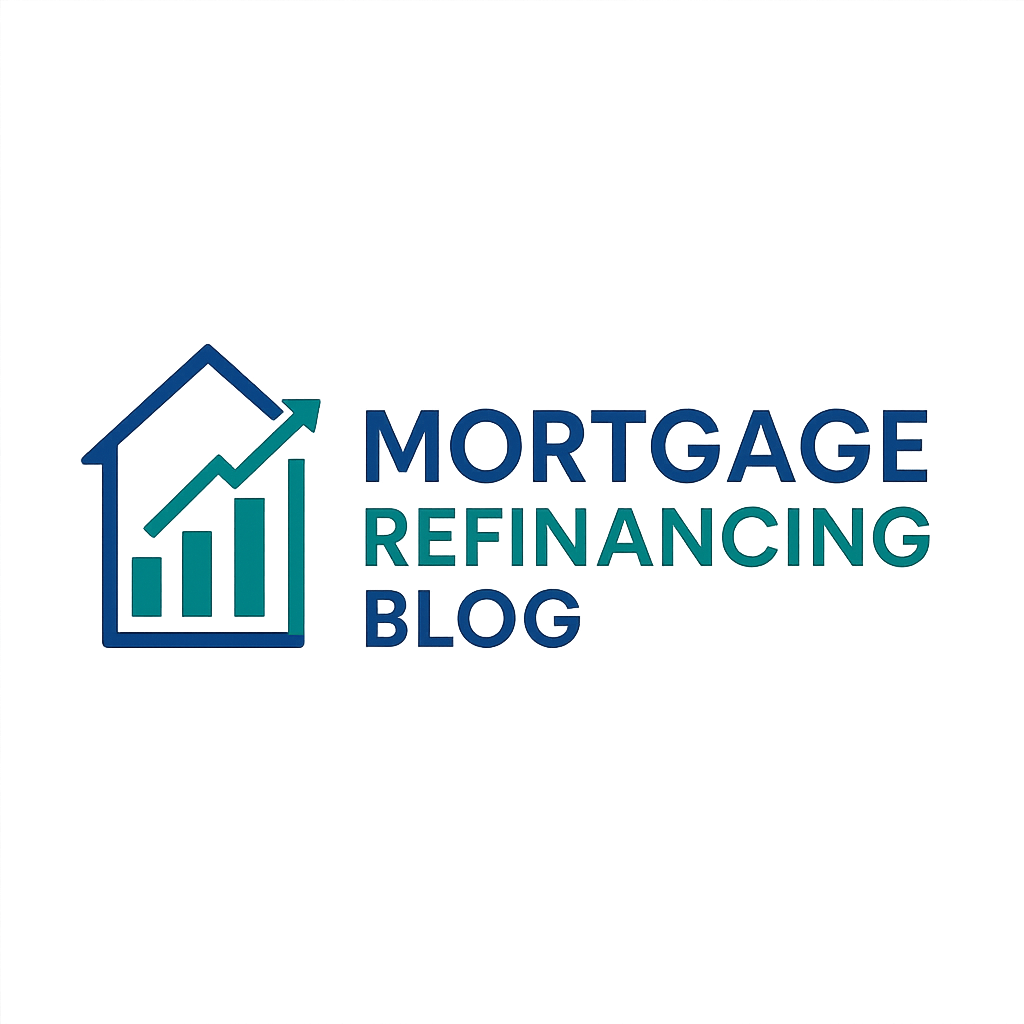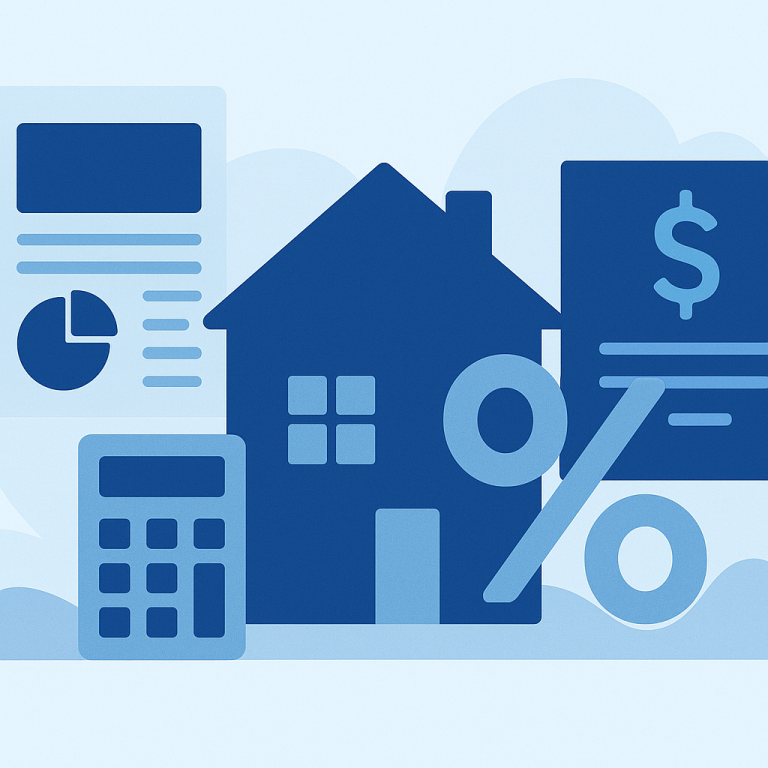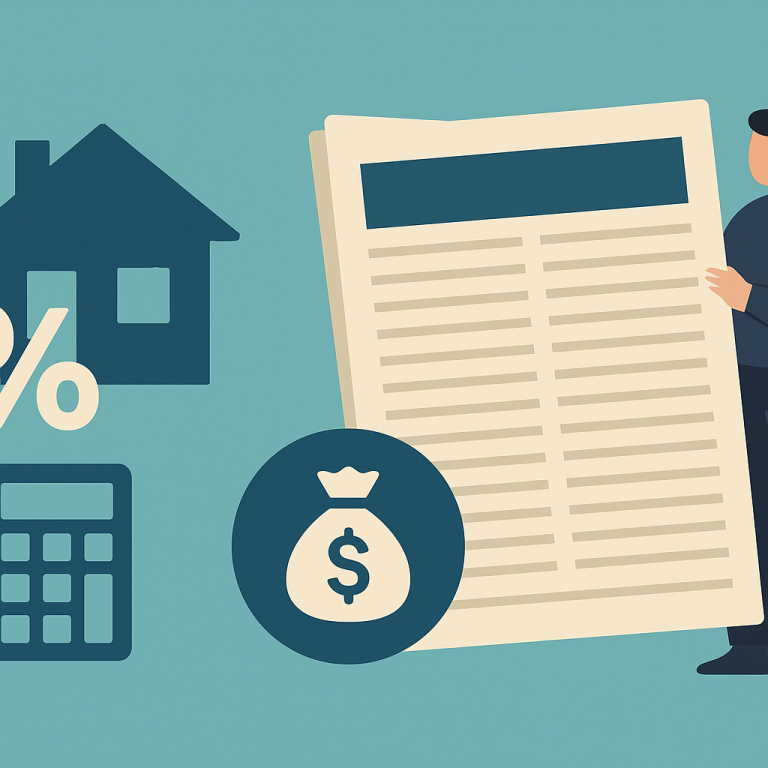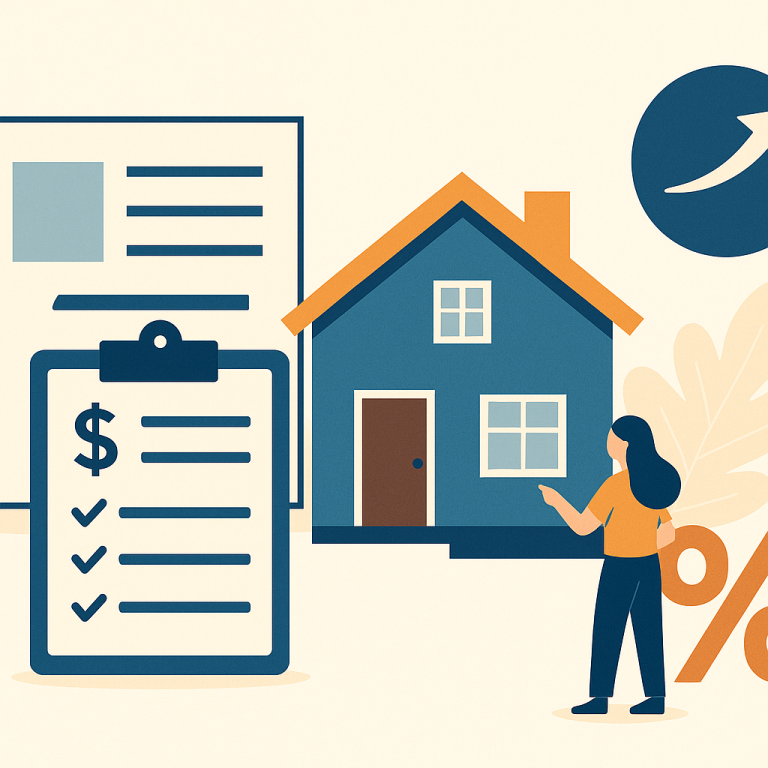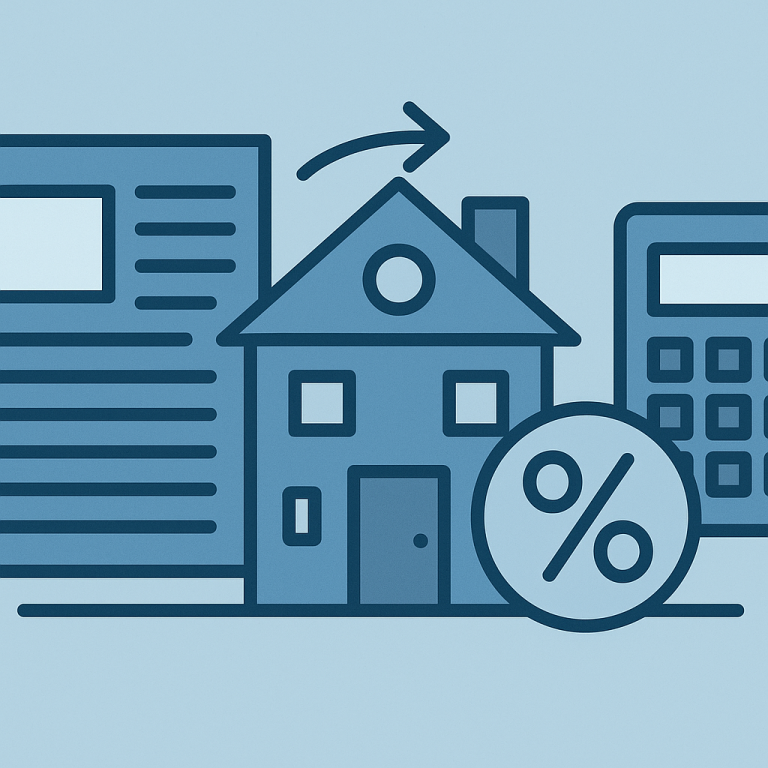Refinance guide condo litigation and warrantability impact on refi
Condo Litigation and Warrantability: How It Can Affect Your Refinance
When you plan to refinance a condominium unit, the legal and financial health of the condo association matters. Lenders evaluate whether the project is “warrantable” — that is, whether it meets underwriting standards set by agencies like Fannie Mae, Freddie Mac, FHA, VA or by private lenders. Ongoing condo litigation, especially large or developer-related lawsuits, can render a project non-warrantable and prevent or complicate a refinance. This guide explains what that means, when refinancing makes sense, costs and fees to expect, the process you’ll go through, common pitfalls, and a short FAQ to answer typical homeowner questions.
What it is and when it makes sense
Condo litigation typically involves lawsuits against the homeowners association (HOA) or developer — examples include construction defect claims, breach of contract suits, disputes over common areas, or litigation tied to inadequate reserves. Lenders look at pending litigation because it can threaten the association’s financial stability or insurance coverage.
Refinancing can still make sense when:
- The litigation is minor, limited in scope, and unlikely to affect association finances or insurance.
- The lender is a portfolio or jumbo lender with flexible underwriting that will consider the specifics rather than blanket agency rules.
- You can qualify under a different program (e.g., private bank, portfolio, or non-agency loan) that accepts non-warrantable condos.
- The refinance brings substantial financial benefit (lower rate, shorter term, removing mortgage insurance) that outweighs higher fees or reserves.
Benefits and drawbacks
Benefits of refinancing despite condo litigation
- Lower interest rates or monthly payments if you qualify for a flexible lender.
- Opportunity to move from an adjustable-rate to a fixed-rate loan, or to remove private mortgage insurance.
- Ability to consolidate debt or access lower-cost funds via a cash-out refi (if allowed).
Drawbacks
- Higher interest rates or additional lender overlays and reserves if the project is non-warrantable.
- Potential for a denied refinance if agencies disallow loans for the project.
- Delays while lenders review litigation documents and association financials.
- Costs for legal reviews, association-provided documentation, and possible special assessments or required reserve funding.
Costs and fees to expect
Refinancing when a condo faces litigation often incurs extra costs beyond the usual closing costs:
- Lender legal review fee for evaluating litigation documents (may be charged to borrower or HOA).
- Fees for the condo association to compile official records, litigation files, and HOA questionnaires.
- Higher interest rates or point premiums if you use a lender with overlays for non-warrantable condos.
- Escrows or reserve funding required by the lender (e.g., additional months of HOA dues or special assessment reserves).
- Potential attorney fees if you hire counsel to interpret litigation impact or negotiate with the HOA.
- Costs associated with resolving or limiting exposure — for example, insurance deductibles, special assessments, or settlement obligations affecting association finances.
Step-by-step process
1. Know the litigation status: Request a full litigation file from your HOA or management company — complaints, answers, settlement offers, court schedules, and insurance coverages.
2. Gather association financials: Collect budgets, reserve studies, minutes, insurance certificates, and any special assessment notices. Lenders will want to see current reserves and how the HOA plans to fund liabilities.
3. Choose the right lender or program: Contact multiple lenders — agency lenders (Fannie/Freddie), FHA/VA-approved lenders, portfolio lenders, and local banks. Ask up front about condo warrantability policies and overlays for litigation.
4. Submit the condo questionnaire and litigation documents: Lenders will typically require a condo questionnaire (often completed by the HOA or management) plus copies of pleadings and relevant minutes.
5. Undergo lender legal review: The lender or its counsel will assess whether the litigation threatens the HOA’s financial position or insurance. They may accept, deny, or request additional reserves or escrow conditions.
6. Obtain approval, conditions, and pricing: If approved, expect conditions such as extra reserves, higher pricing, or a requirement to pay assessments out of escrow. If denied, explore portfolio or private lenders as alternatives.
7. Close the loan: Once conditions are cleared (and any special escrows funded), proceed to closing. Keep copies of the final approvals and HOA confirmations.
Common pitfalls to avoid
- Assuming all lawsuits automatically disqualify a refinance — the nature, size, and insured exposure matter.
- Not informing potential lenders early — lenders need litigation documents to evaluate suitability; surprise disclosures cause delays or denials.
- Trying only agency lenders — some projects can’t meet Fannie/Freddie/FHA rules but may qualify for portfolio or jumbo products.
- Underestimating reserve requirements or special assessments — budget for potential higher monthly costs.
- Relying on verbal statements from HOA leaders — get written documentation of budgets, insurance, and litigation status.
FAQ
Q: Can I refinance if my condo association is in litigation?
A: Possibly. It depends on the lawsuit’s scope, projected financial impact, and the lender’s guidelines. Agency lenders have strict rules; portfolio or jumbo lenders may be more flexible.
Q: How long after a lawsuit settles can I refinance?
A: Timing depends on the settlement terms and whether the lender requires a period without further litigation. Some lenders require audited financials reflecting settlement impacts; others will consider loans shortly after settlement if reserves and insurance remain adequate.
Q: Will my interest rate be higher because of litigation?
A: It can be. Non-warrantable projects often face higher rates or pricing adjustments reflecting increased perceived risk. Shopping lenders helps; some banks may offer competitive pricing for qualified borrowers.
Q: Can I do a cash-out refinance if the condo is non-warrantable?
A: Cash-out options are more limited. Many agency lenders disallow cash-out for non-warrantable condos. Portfolio lenders might allow it but often with stricter loan-to-value limits and higher rates.
Condo litigation doesn’t automatically doom every refinance, but it does require documentation, patience, and sometimes flexibility in lender selection. Start early, gather thorough HOA records, and speak to lenders who understand condo warrantability rules so you can choose the best path forward.
META: condo litigation warrantability refinance guide, homeowner FAQ, condo refinance process
